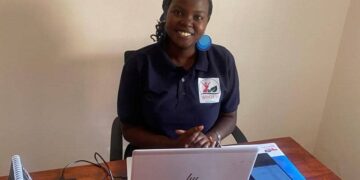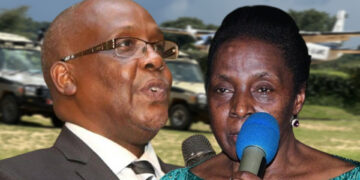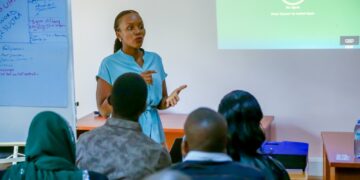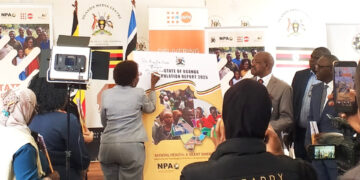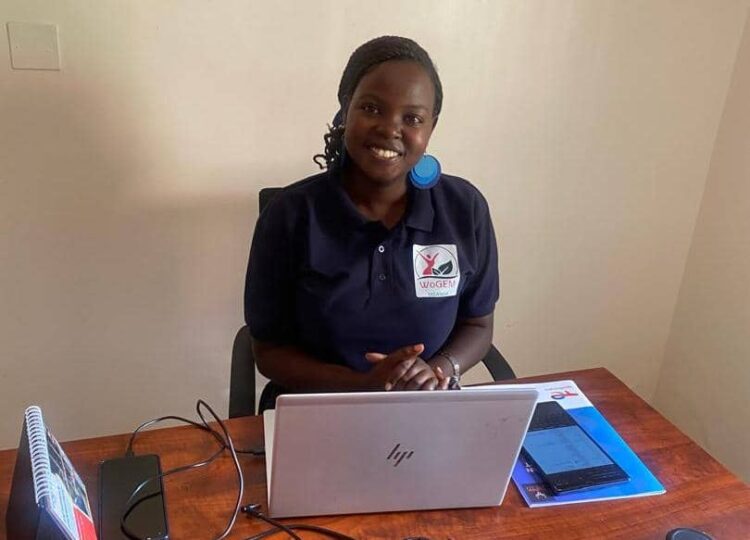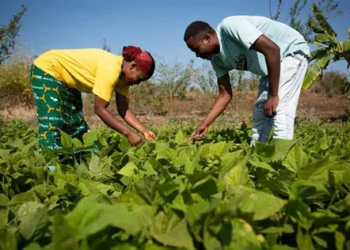OPINION
As Uganda gears up for 2026 general elections, the political atmosphere is already charged with rhetoric that raises deep concern, hate speech, once considered an occasional tool in political contests, is now becoming a defining feature of political discourse. Disturbingly this toxic language is no longer reserved for opponents across the political divide it is increasingly being directed at those within the same parties and on the same ticket.
Internal wrangles with in parties have spilled into public arena. Instead of focusing on the issues that affect ordinary citizens such as youth unemployment, climate change, corruption, healthcare and education politicians are increasingly trading insults and inflammatory statements. This rhetoric not only disillusions the electorate who often look to their leaders for solutions rather than hostility.
The rise in hate speech can be traced to several factors. The competition for party flagbearer positions has grown more intense with many seeing nominations as the only realistic path to power. The stakes are high, and some politicians resort to verbal attacks and character assassination to gain visibility and weaken their rivals. Social media has further amplified these tensions with unfiltered content spreading quickly and often reaching young impressionable audiences.
The consequences of unchecked hate speech are dangerous. The inflammatory political rhetoric can sow seeds of division, incite violence, and erode the very democratic principles the country seeks to uphold. There are reports of strained relationships at the grassroots level where supporters of the same party have turned against each other under the influence of divisive narratives. This has threatened to fracture not only political organisations but also communities that should be united in shaping the countries future.
Uganda’s political actors have a responsibility to reverse this trend. Electoral competition need not descend into hostility but rather parties should institute strong internal mechanism to resolve conflicts and discipline members who engage in inciteful speech. The electoral commission and civil society organisations must also play a watchdog and raise awareness about the dangers of hate speech and promoting issue-based politics.
For voters, the challenge is to being persuaded by inspiring language and to demand better from their leaders. The country’s democratic journey is still fragile and the 2026 elections will be critical test. If hate speech continues to dominate the political space, it risks overshadowing the real issues at stake and destabilizing the country’s social fabric.
The time to act is now. Politicians must rise above personal rivalries and remember that their ultimate goal and duty is to serve the people not to fight among themselves, ”Say No To Hate Speech”. Uganda deserves a political campaign season rooted in respect, constructive debate and a shared vision for national progress.
By Ainembabazi Shallon,
shaciaine@gmail.com
